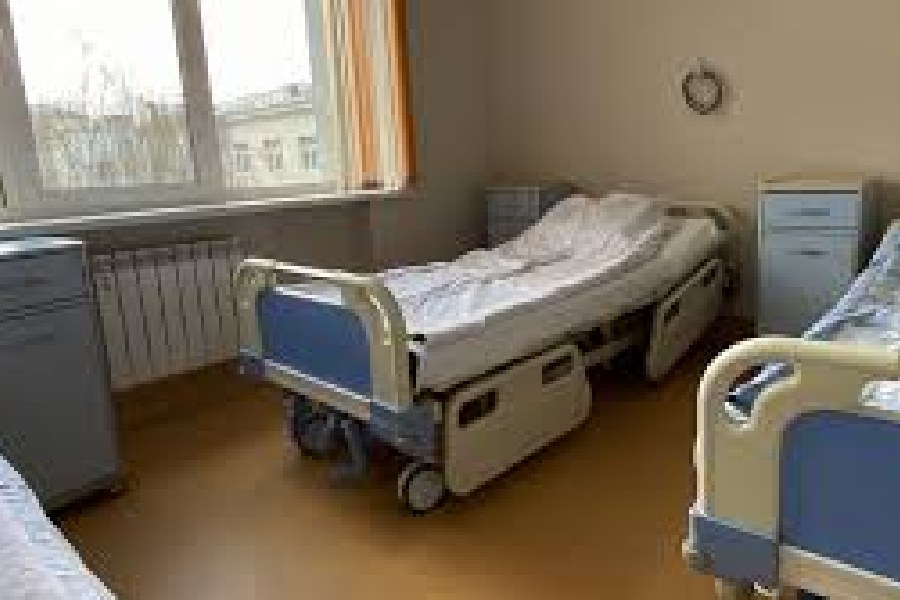Representatives of private hospitals and nursing homes in Bengal told the state government on Monday that any further regulation of treatment rates would cause a “serious setback for the private healthcare sector”.
At a meeting with the state health department, the representatives said treatment rates were already regulated through various government schemes.
The healthcare institutes also pointed out to the health department that most of the advisories issued by the regulatory commission during the Covid pandemic were for extraordinary times only.
“While we agreed that the healthcare needs of the general people are a top priority, we, however, told the government that any further regulation would cause a serious setback to the private healthcare sector,” Rupak Barua, president of the Association of Hospitals of Eastern India, said after the meeting.
“We pointed out that the rates have already been significantly regulated through schemes like Swasthya Sathi and West Bengal Health Scheme, which most clinical establishments across the state follow.”
The West Bengal Clinical Establishment Regulatory Commission had earlier this year prepared a draft recommendation which also included regulation of rates.
“All clinical establishments shall furnish to the Commission, at least 60 days before the commencement of each financial year, a detailed statement with regard to the system of billing and the tariff chart intended to be followed by them for both indoor patient department and outdoor patient department treatments including diagnostic and in their in-house pharmacies during the ensuing financial year,” the draft had stated.
“…the Commission may, if it so deems fit and proper, direct the clinical establishment to revise and/or amend after the proposed system of billing and its proposed tariff chart for the concerned financial year.”
At Monday’s meeting, the private hospitals proposed that they would furnish the rates to the commission by uploading them on their respective websites two weeks before the implementation, instead of 60 days.
“The revised rates are usually finalised every year two weeks before implementation and not 60 days,” said an official of a private hospital.
“The state health department will review and can raise concerns, if they feel some rates need to be reconsidered,” said Barua.
The draft recommendations state that a hospital or a nursing home cannot take more than Rs 50,000 as advance during admission. During the pandemic, many patients and their family members had alleged that private hospitals were demanding lakhs of rupees as advance during admission.
“When a patient comes to a clinical establishment for in-house admission, the clinical establishment shall, at the time of admission, be entitled to demand from the patient or near relatives an advance payment that... would not... exceed 20 per cent of the estimated cost of the proposed treatment, or 20 per cent of the cost of any existing package for such treatment or a maximum of Rs 50,000, whichever is less,” the commission’s draft stated.
If a patient is not in a position to pay the advance, he or she has to be admitted and the relatives can pay the amount within 12 hours of the provisional admission.
“We have told the health department that we’ll be providing inputs on these recommendations very soon. Then there can be another round of discussion on these points,” said R. Venkatesh, vice-president of the hospitals’ association.
An official of the state health department said another meeting would be held to find a way out.
